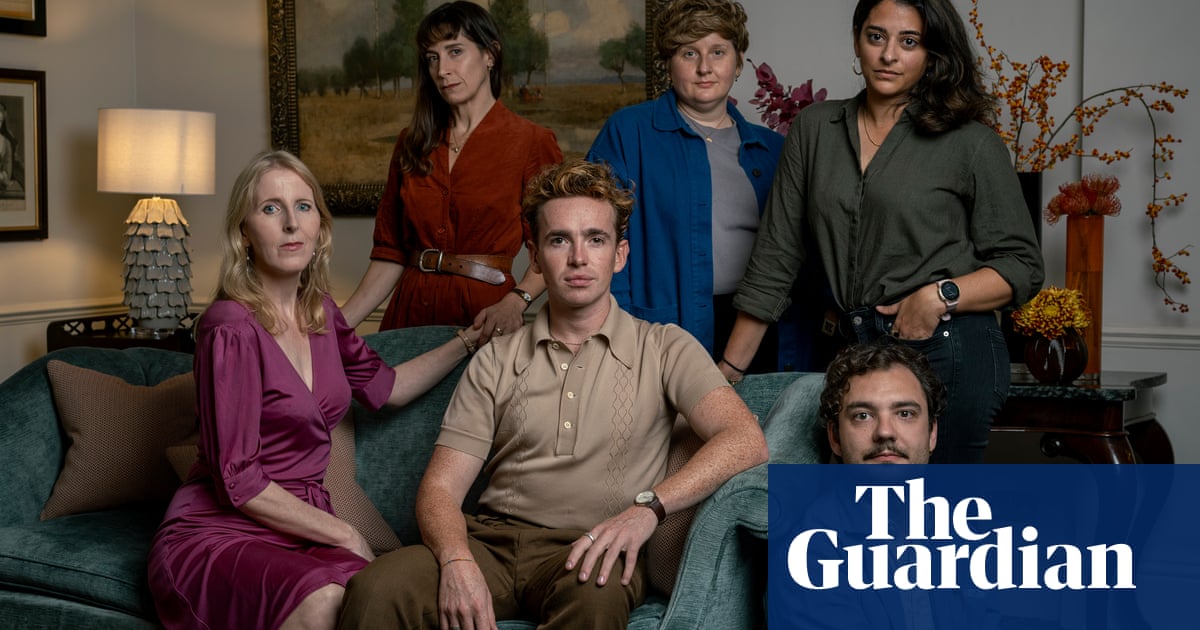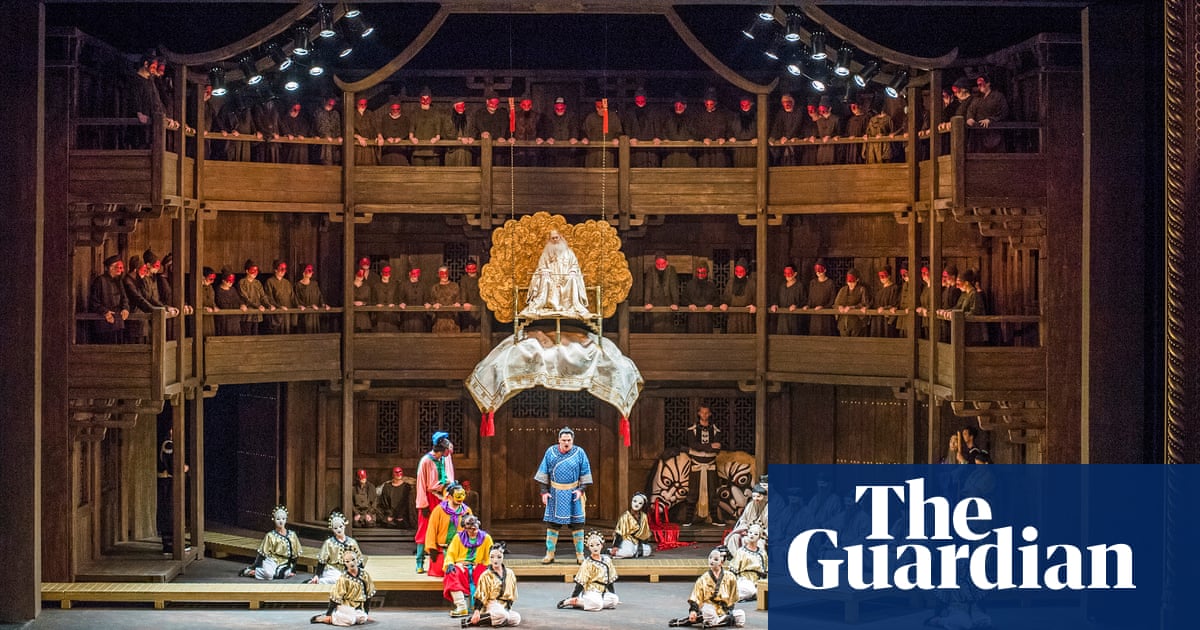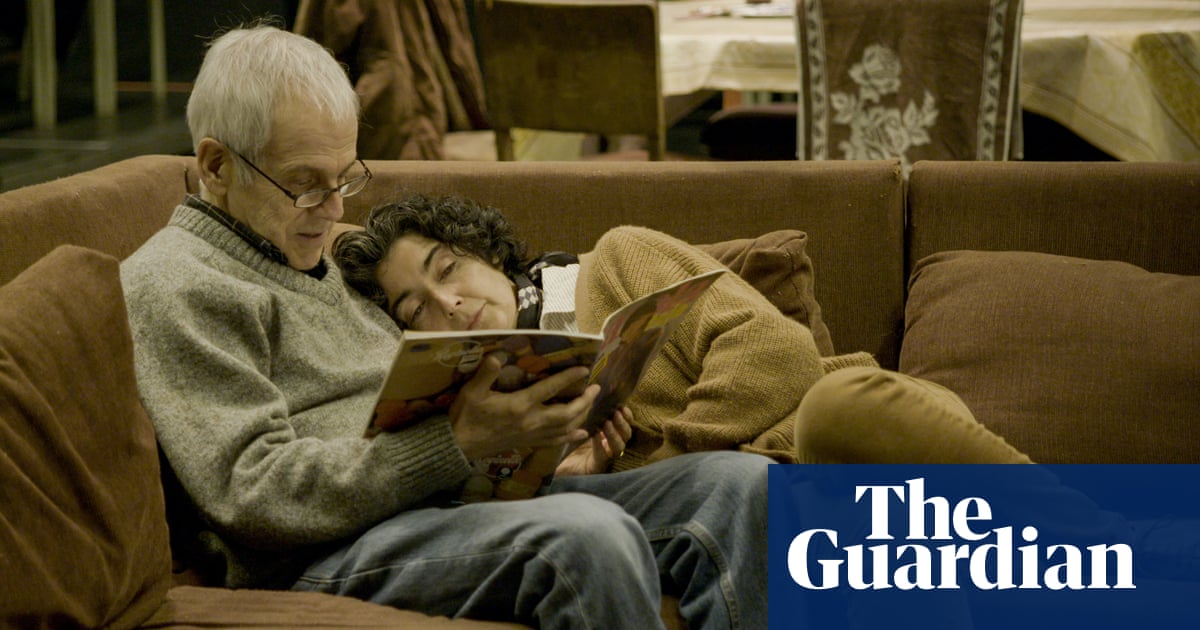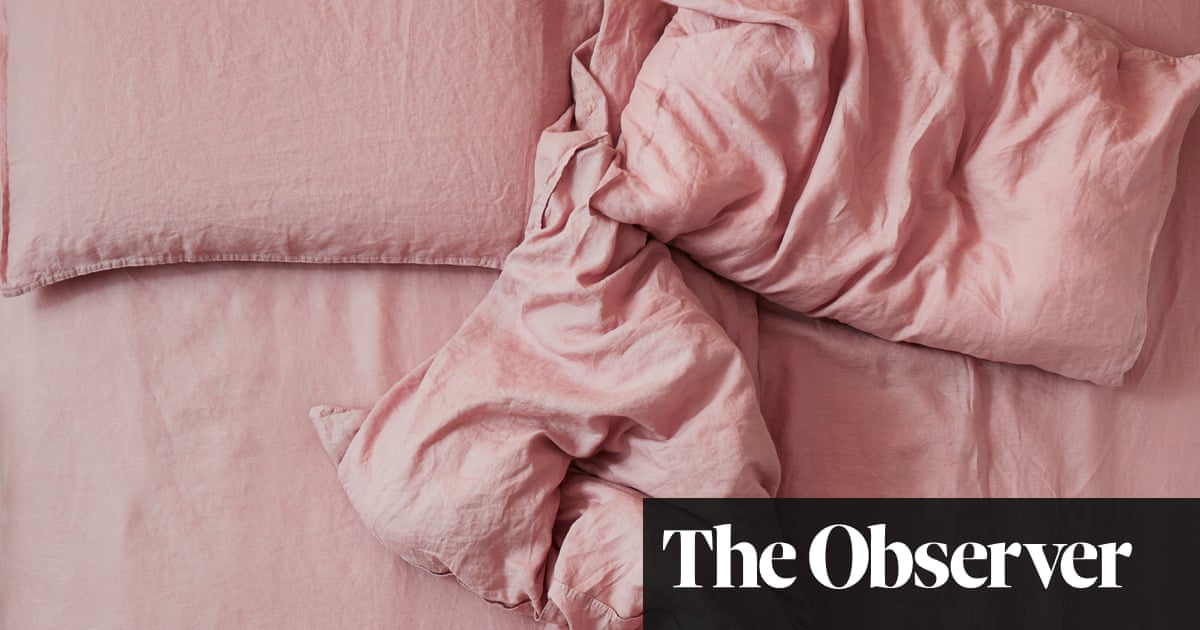
It is 3am and I’m a committed socialist, so why am I about to begin my seventh episode in a row of the E4 reality show Made in Chelsea? The show sees posh Londonites called names like “Binky” and “Boulle” cheat on each other, and then deny it in nice cafes. Of course, there’s an element of human drama: romance (well, people cheating on each other), intrigue (which nice cafe will it be this time?), and mistaken identity (I genuinely still can’t tell most of them apart), but this is hardly high-class stuff, despite being literally high-class stuff. So why do I love it so much that I’ve written a play about it? Well, theatre is the perfect medium for expressing tension and contradiction, and there’s nothing more tense and contradictory in me than my love/hate relationship with these well-heeled cafe-dwellers.
Because it isn’t just Made in Chelsea that has me questioning my left-leaning principles; I can’t help but hoover up any media with a titled aristocrat. Why do I, an avid protest-goer and workers’ rights advocate, still anxiously await any info at all on a potential season two of Queen Charlotte: A Bridgerton Story, in which a mad (but hot) King George III probably signs the 1799 Combination Act to crush the nascent trade unions? Why do I, a big decrier of hereditary privilege, still sob like a little boy when Matthew Crawley ploughs his sports car into an unfortunate delivery truck and dies, thus passing the heirship of Downton Abbey on to his newborn son, at the end of season three?
The occasional motoring mishap aside, these are thoroughly comforting pieces of fiction: the weather is always good, the food looks nice, England (it is always England, sorry) seems at its greenest and pleasantest. It’s a fantasy of privilege, supreme and untroubled. Come what may, the status quo stays strong. Is that why I like it? Am I secretly a Tory? Maybe a lot of us are. As much as I enjoy blaming things on Netflix and ITV, England’s misty-eyed relationship with its ruling class has far deeper roots in its culture and history.
Nearly a millennium ago, a bunch of people in boats came over the water from France, except these guys weren’t instantly detained and bunged unceremoniously into the nearest floating refugee prison. Instead they took over the country, and have been (largely) in charge ever since. Though most visible these days in comfort-TV depictions of the past, aristocrats still own huge swathes of the land, still sit unelected in the legislature, and the main one of them is the literal king of all of us. They won their power through rapacious violence, but summery stories of their twittish and hapless humanity, shapeshifting through the ages as privilege does, whether it’s in the hilarious buffoons of PG Wodehouse or the cucumber-sandwich-wielding quipsters of Oscar Wilde’s The Importance of Being Earnest, or even the bungling cheaters-and-forgetters of Made in Chelsea, still dominate the landscape of the English imagination.
But what makes them so beguiling – in literature and in life? I think it’s something to do with their freedom from consequence. These God-nominated scions of untouchability don’t have to deal with the silly exigencies of modern life: not for them the monstrous childcare bill or fast-ballooning interest rate. Indeed, this is what makes the cast of Made in Chelsea so anthropologically divorced from the desperate romantics of Married at First Sight, or even the wannabe-influencers of Love Island: these people don’t care if we watch them or not. Take the camera away and they’ll just go drift around south-west London some more, cheating on each other and pretending to have forgotten because they were drunk. To them, it doesn’t matter. They can be utterly themselves. Bertie Wooster, from Wodehouse’s Jeeves and Wooster novels, himself a proud possessor of Norman blood, is just the same. Cushioned always by his position in society and mothered perfectly by his omniscient manservant Jeeves, Bertie (“It is nowhere suggested that he owned a watch, or that, if he did, he could tell the time by it,” says WH Auden) lives free of all true responsibility. He continually needs to be extricated from potential peril, and in the complexity of the extrication lies the joy of the plotting, but extricated he always will be. He is, effectively, a child. And who doesn’t find children charming?
Don’t get me wrong: Wodehouse and Wilde infuse their upper-class tales with a subversive political spirit, and their characters are charming, at least in part, because their creators are two of the most gifted deployers of linguistic wit and sparkle in the English canon. And the cast of Made in Chelsea are … not that. Frankly, the show these days doesn’t even have particularly vivid characters. In much the same way that the Conservative and Unionist Party lumbers on, deprived now of its headliner poshos like appetitious Boris Johnson and the weathervaning chameleon Rory Stewart but still slouching ever onwards towards an election loss that seems worryingly less inevitable than it should be, given that the government equivalent of cheating on someone involves promising to improve the lives of people, but making them much worse instead. Perhaps a lot of the population are charmed by these guys because they behave like children, but when you consider that in Newcastle upon Tyne, where I live, 40% of actual children are in poverty, living very consequence-heavy lives, it all seems rather unfair.
So why write a play about this world? Theatre is an age-old tool for exposing the follies and foibles of the wealthy and powerful, but there haven’t been many shows about them recently. Although that’s for good reason – the canon is full of plays about mainly white rich guys being venal and annoying – I couldn’t help but feel we were letting them off the hook. That lack of scrutiny benefits them. And the Royal Court theatre, a Sloane Square mainstay with a weirdly monarchist name but a history of radical play-writing, felt like the perfect contradictory place to drag them back into the spotlight.
So what am I trying to do? Traduce the great geniuses of English social satire with avant-garde theatrical nonsense? The Importance of Being a Prison Abolitionist? PG Woke-house? Not quite. Mates in Chelsea isn’t parody or pastiche. What I did instead was take the shape of these earlier stories, the well-made play, the pastoral farce, and fill it with the chaotic and violent content of our chaotic and violent times – if only to see what happened.
I made up a main character, Theodore “Tug” Bungay, himself a prevaricating aristocrat, and imperilled him by putting his family’s Northumbrian castle on the line. It’s about to be bought by an oligarch, a world I know a bit about through my other job as a Russian and Ukrainian translator. In some ways the post-Soviet elite, themselves now regulars on the Chelsea circuit, serve as an interesting counterpoint to our own aristocracy, their money made in a semi-feudal political space more akin to William the Conqueror’s than our own. With the investiture of Baron Lebedev of Hampton and Siberia, it’s clear that in post-Brexit UK, aristocratic identity itself is now available for extremely rich internationals. But maybe that’s OK: the toffs can simply shapeshift again, becoming, as Oliver Bullough suggests in his brilliant book, Butler to the World: How Britain Became the Servant of Tycoons, Tax Dodgers, Kleptocrats and Criminals, the Jeeveses to these new global Bertie Woosters. Even the childish, change-resistant Tug Bungay? In Londongrad, no one can hear him scream.
Perhaps the last time the titled and entitled graced our stages in a major way was in Laura Wade’s excellent Posh, in 2010. At the interval in that play, after we’d just watched 75 minutes of pseudo-Bullingdon boys harassing a sex worker and shouting about how much they hate poor people, a woman sitting behind me sighed wistfully to her friend, “It just makes you wish you were back at Cambridge, doesn’t it?” After 13 years of Tory rule, are we coming to the twilight of the gods? And, whoever’s in charge next, will they have the courage to make this a place that truly works for everyone who lives here? Or are we still too in love with the aristocratic idea of England to change it?
Mates in Chelsea is at the Royal Court: Jerwood theatre, London, to 16 December.












